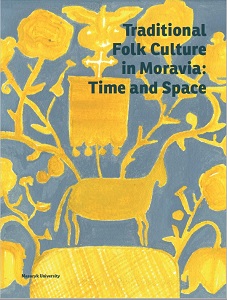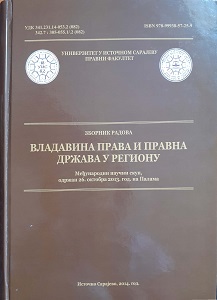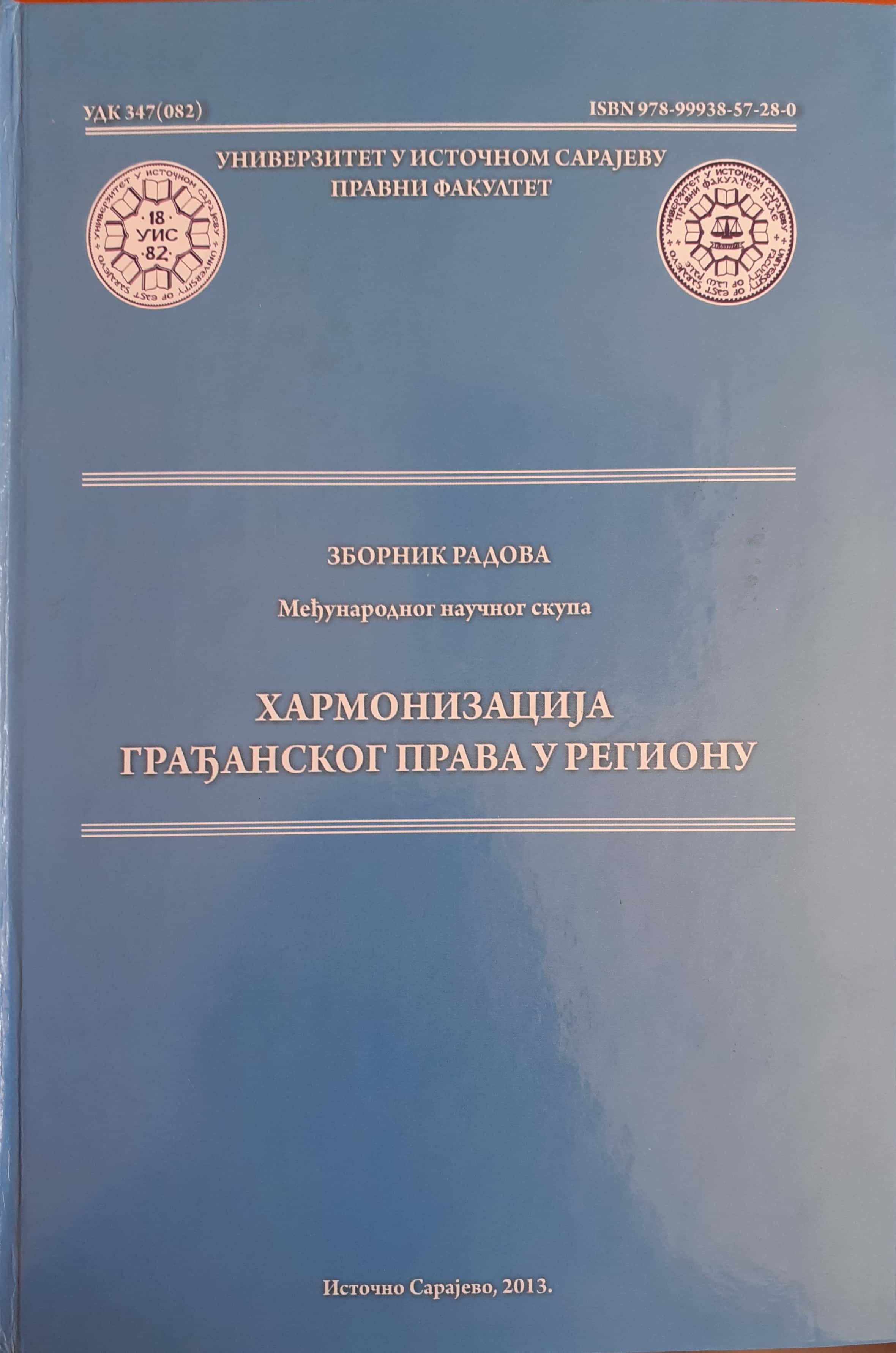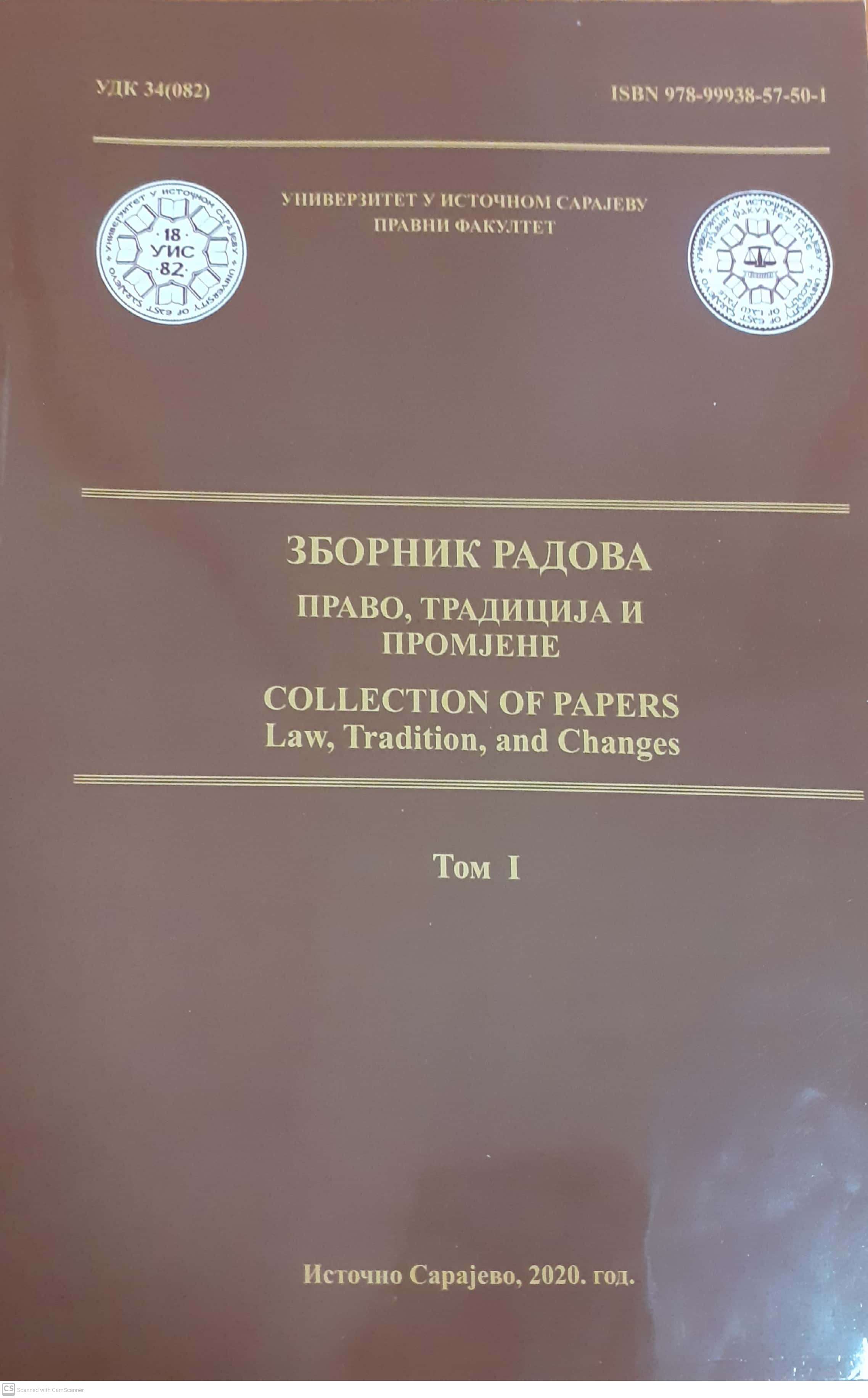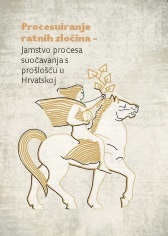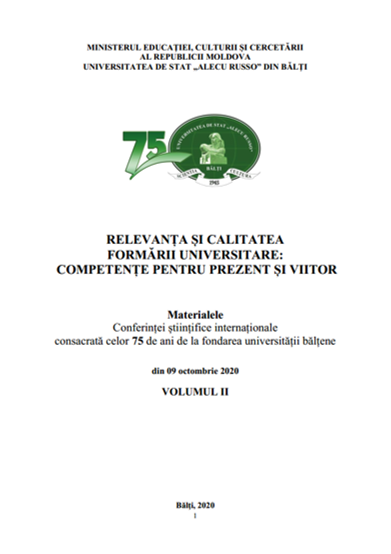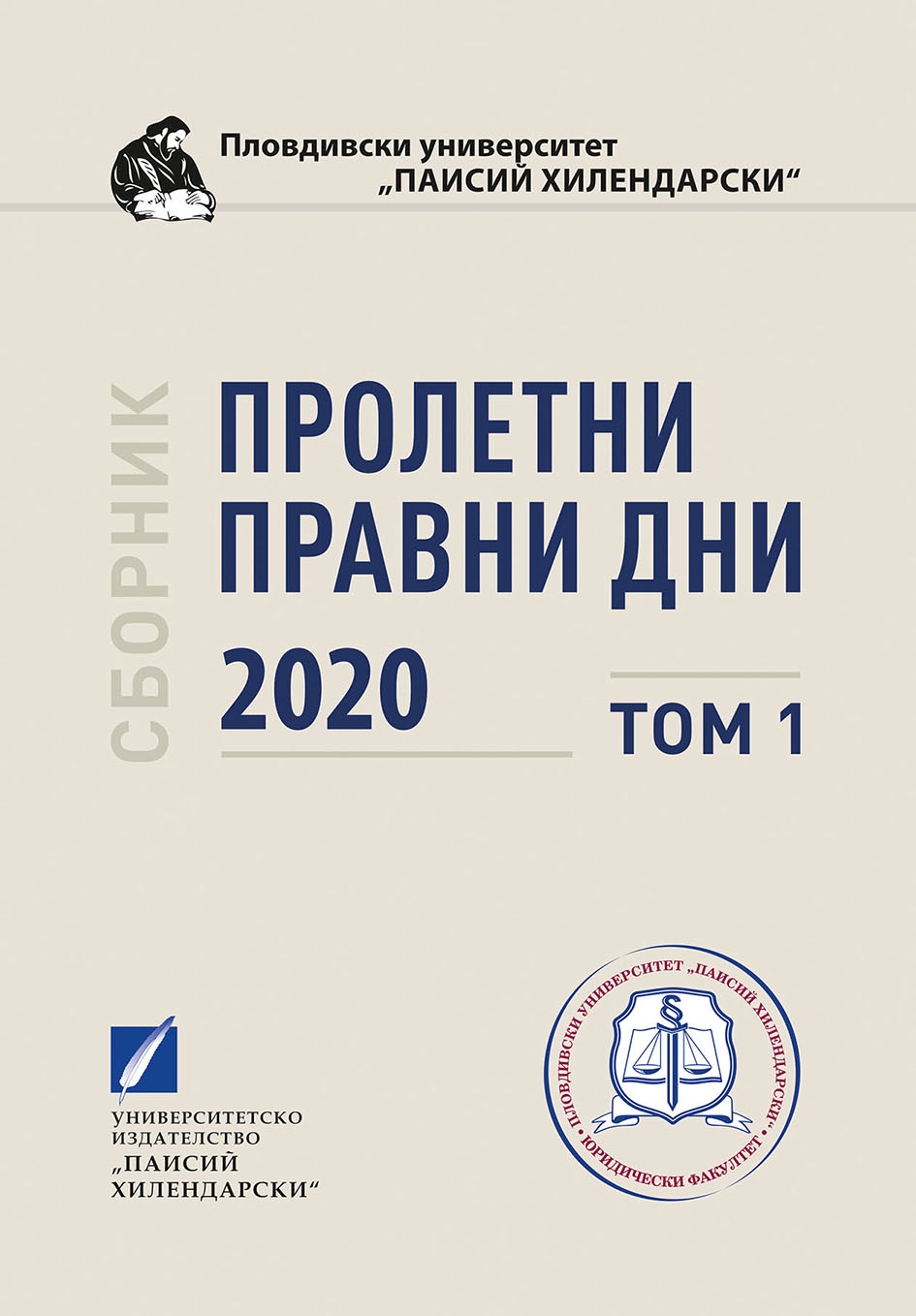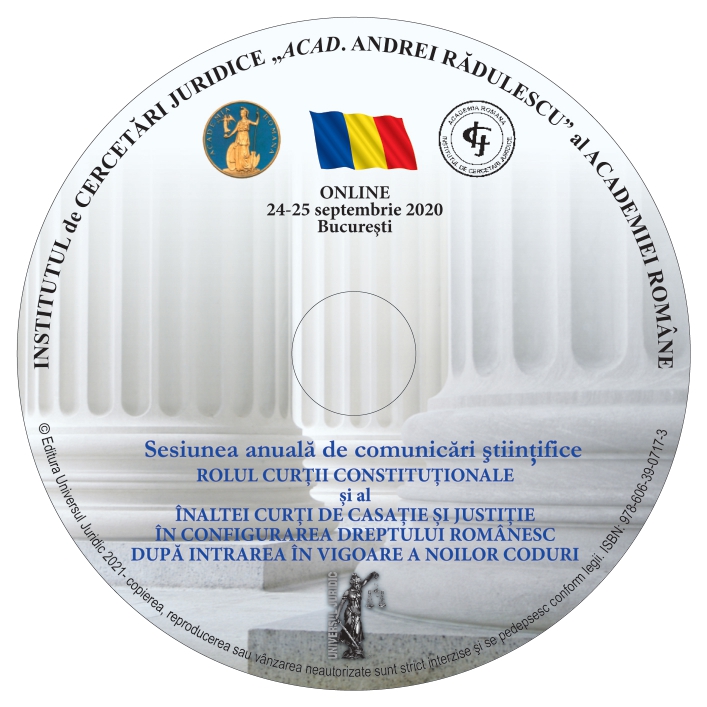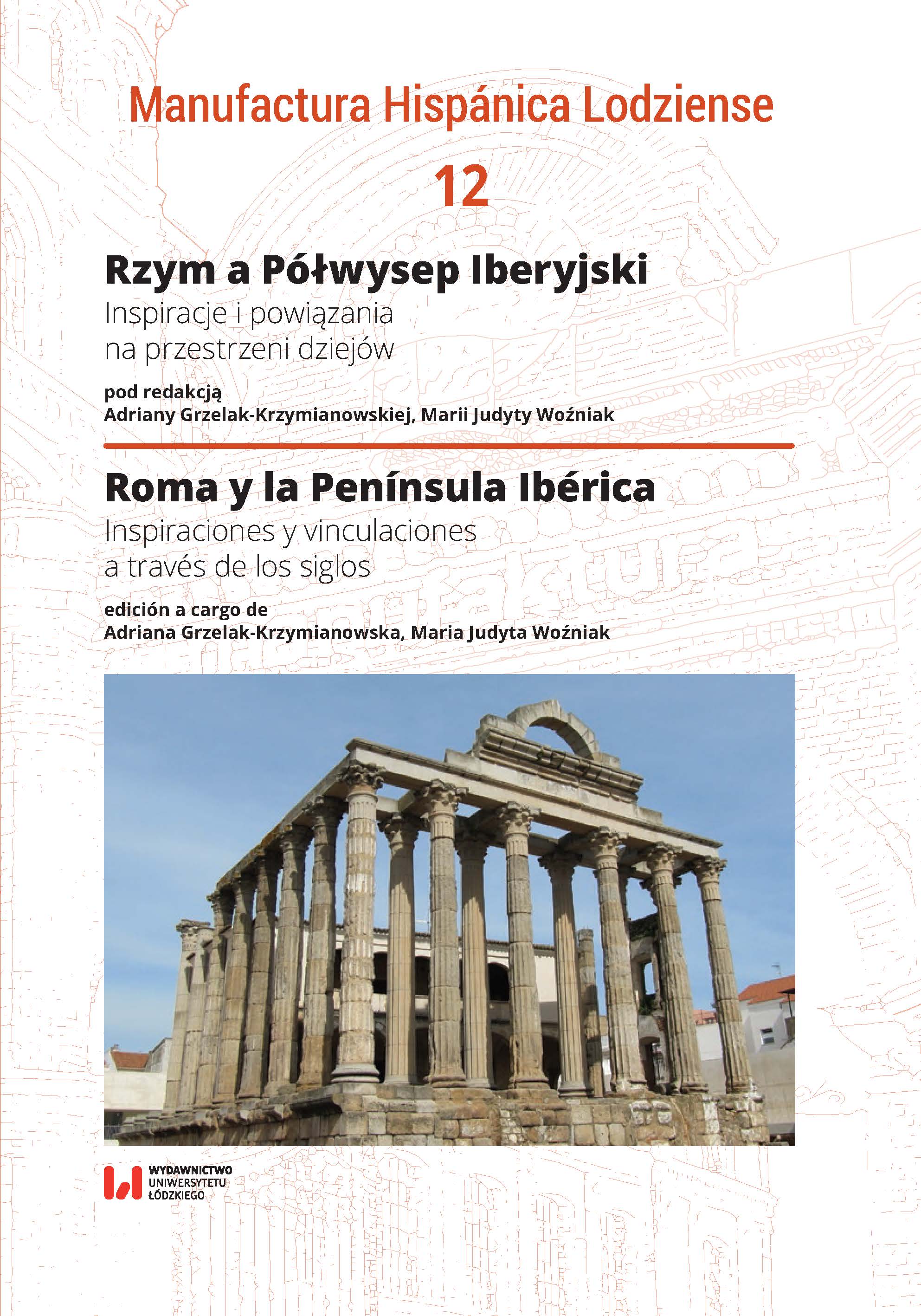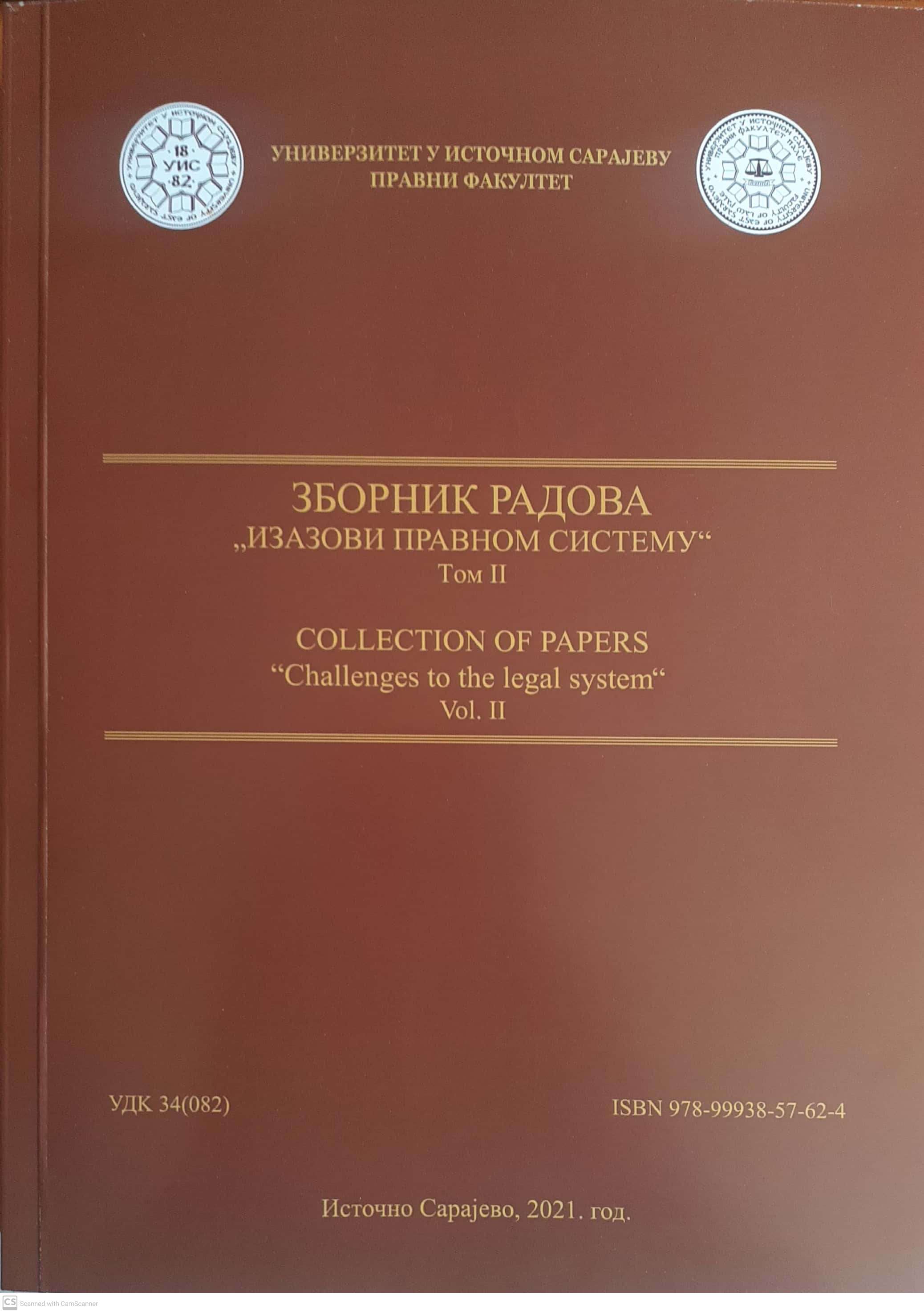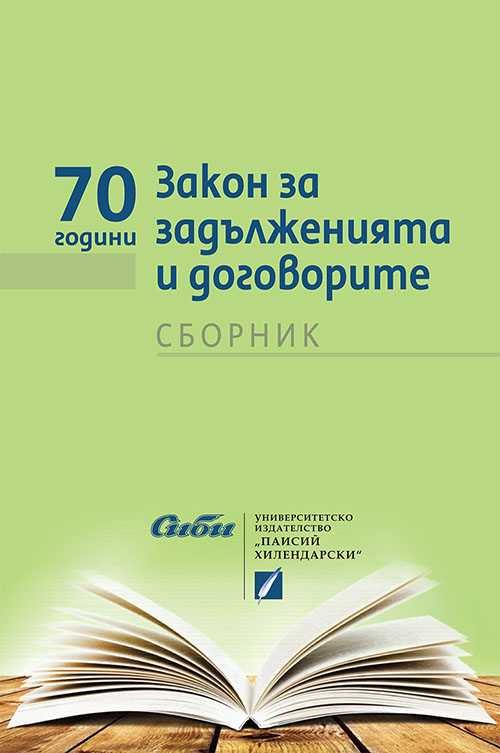Author(s): Srđan Šarkić / Language(s): Serbian
Publication Year: 0
According to the opinion of Roman lawyers, depositum was a contract in which a depositor gave a res to a depositee to be kept without renumeration and to be returned on demand. Special cases of depositum were: depositum sequestre, depositum necessarium or depositum miserabile and depositum irregulare. Byzantine law pays a special attention to the contract of depositum. Ecloga contains chapter XI referring to the depositum, entitled Περί πάσης παραθήκης. Chapter XVIII of Procheiron entitled Περί καταθήκης, contains fourteen rules concerning the depositum, and the chapter XXV from Epanagoge, with the same title, contains sixteen fragments on the same topic. However, Matthew Blastares in his Syntagma canonum incorporated only two fragments referring to the depositum, taken from the Procheiron, in a short chapter under the title Περί παρακάταθήκης: 1) the general definition of depositum, and 2) the law on responsibility of a depositee for a loss of a thing in case of vis maior, culpa or neglegentia.The contract of depositum was mentioned in medieval Serbia mostly in the translations of Byzantine legal miscellanies, while Serbian legal sources mention it very rarely.In chapter 48 of the Nomokanon of Saint Sava, entitled Selection of laws that God gave to Moses, we find a short title On depositum (O poklade). Much more important is chapter 55 in which Saint Sava has adopted the complete text of the Procheiron. Title XVIII On depositum (O pokladeži) contains fourteen fragments translated from the Procheiron. The Serbian redactors of the complete Syntagma of Matthew Blastares omitted nothing from the original Greek text. However, they added one more provision which increased the responsibility of the depositee. Serbian legal sources mention the contract of depositum especially in the relationships between the citizens of Serbia and the small City-Republic of Ragusa (Dubrovnik). The remaining documents were written either in Latin or in the old Serbian language.In the documents, written in the old Serbian language, besides the word poklad, used in the translations of Byzantine legal miscellanies, we can find, for depositum, the nouns postava and pohrana as well as the verb postaviti. The most important document, treating the depositum, is a very long list of deposited objects, left by Serbian Despot Đurađ Branković to be kept by the Ragusans (1441, January 25). The list was made by Ragusan notaries.
More...
